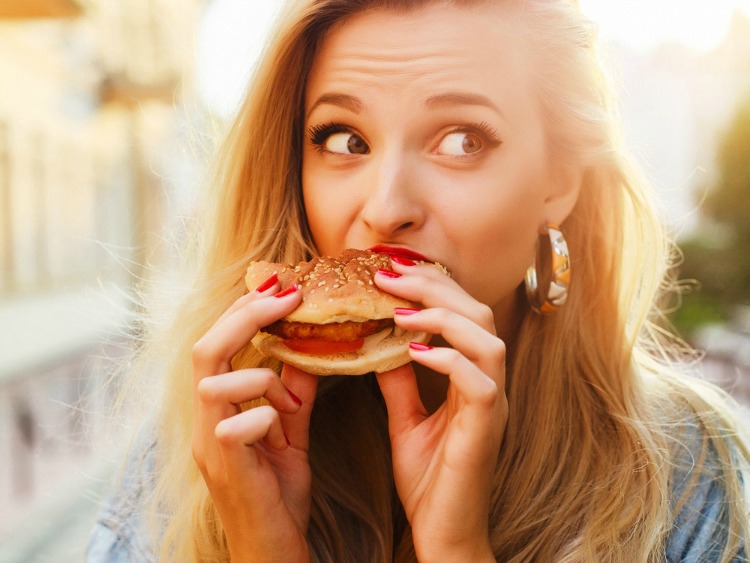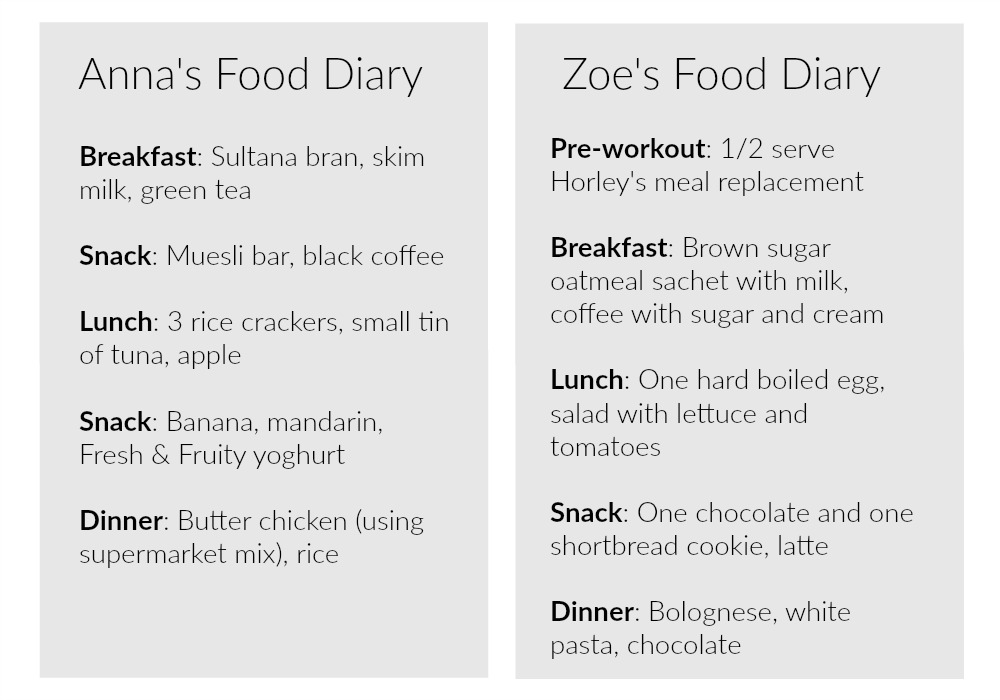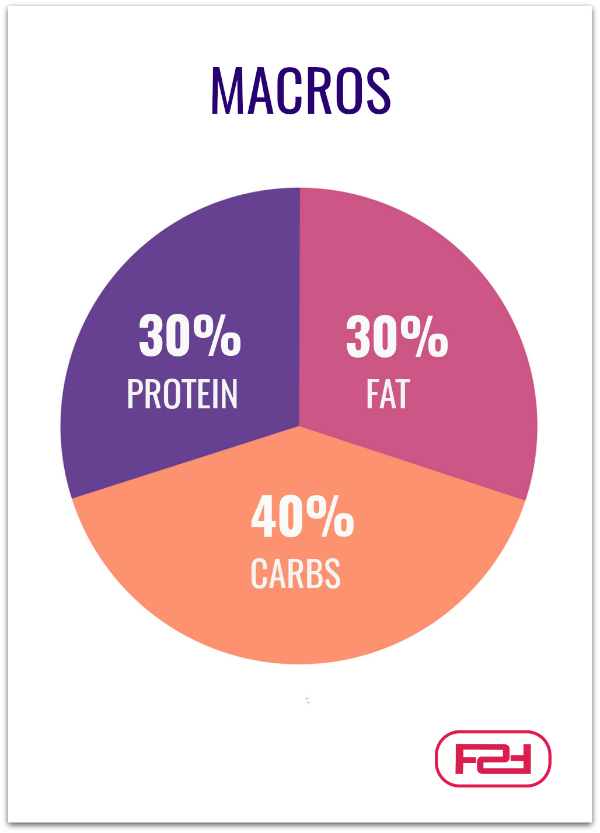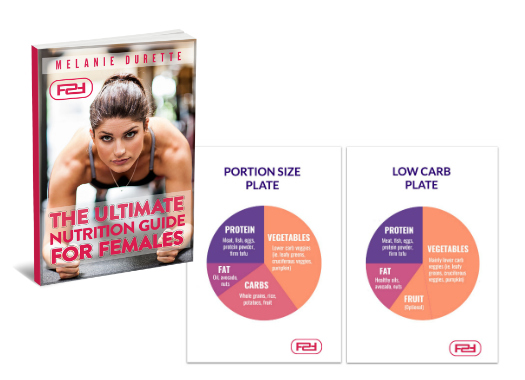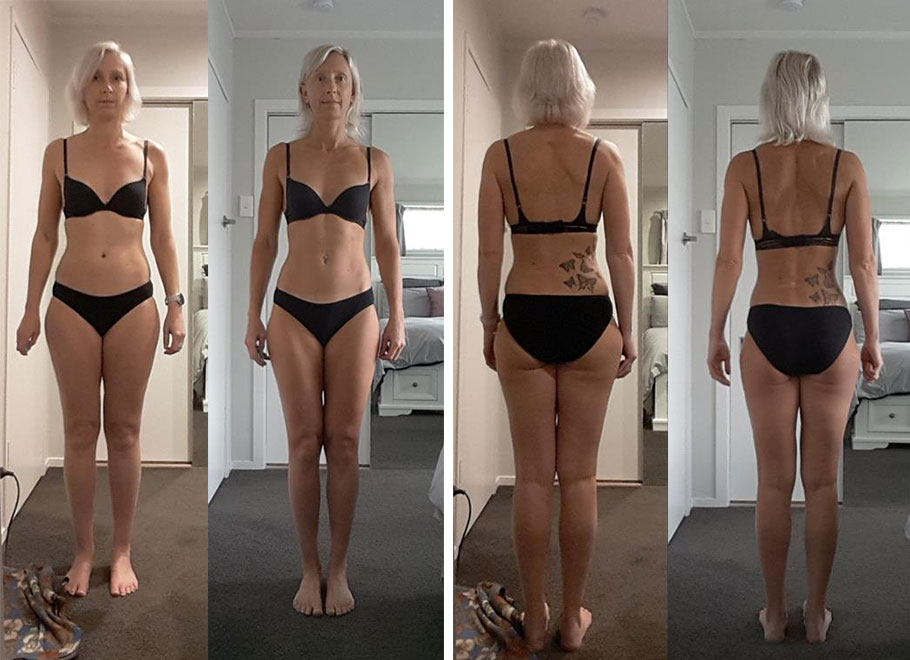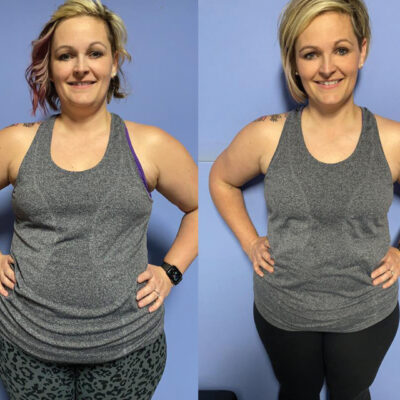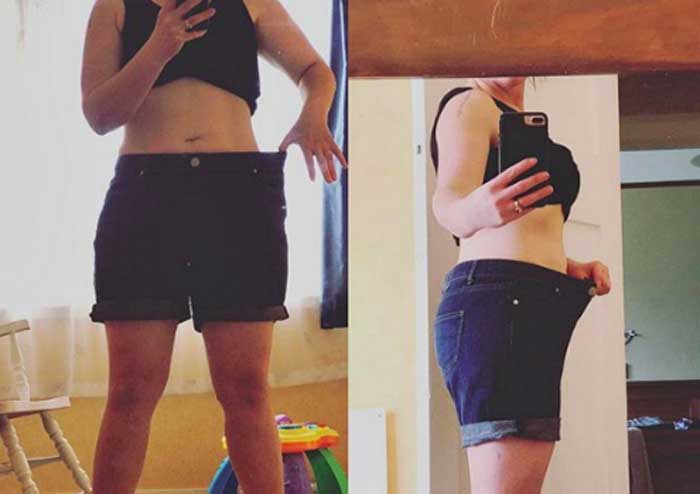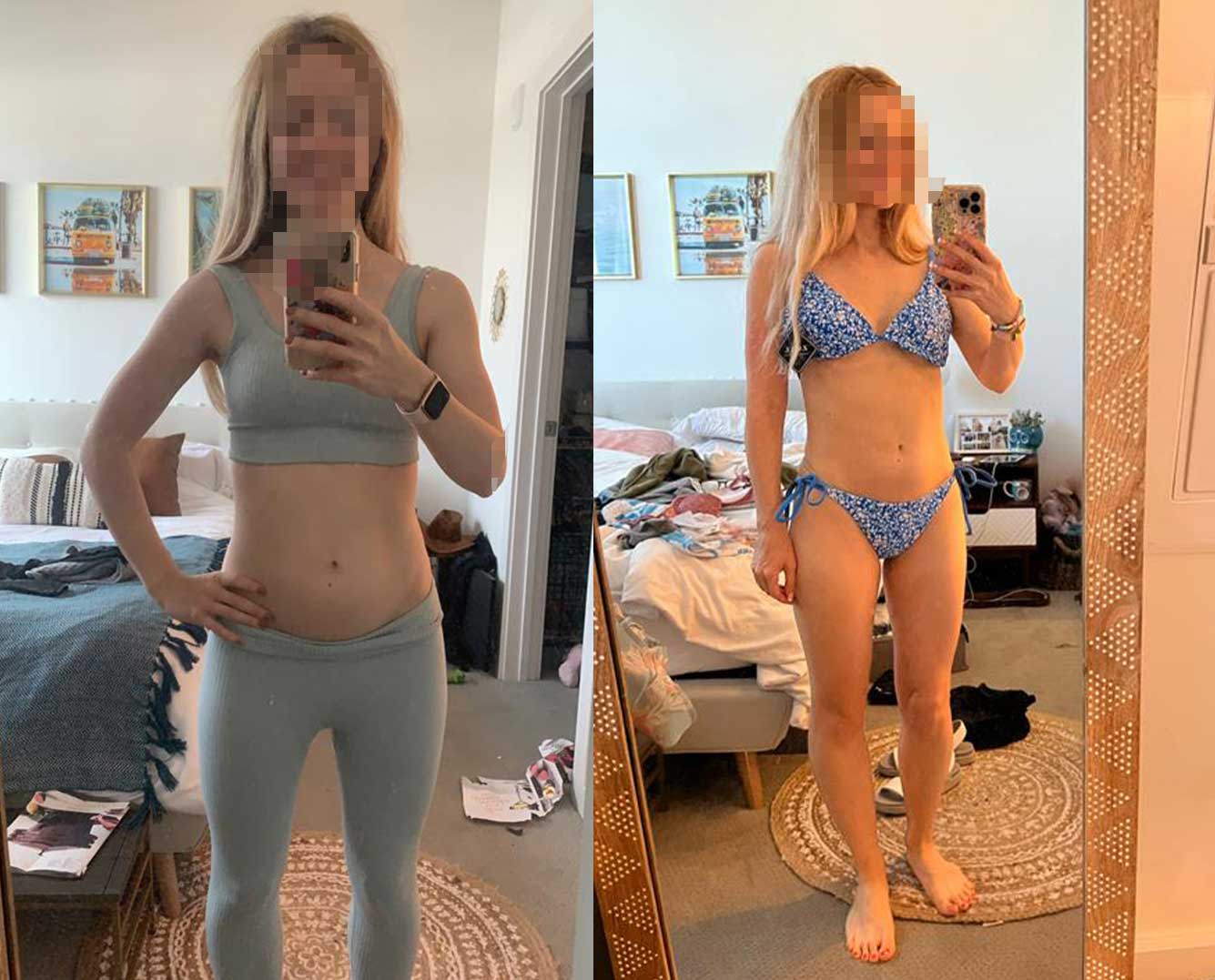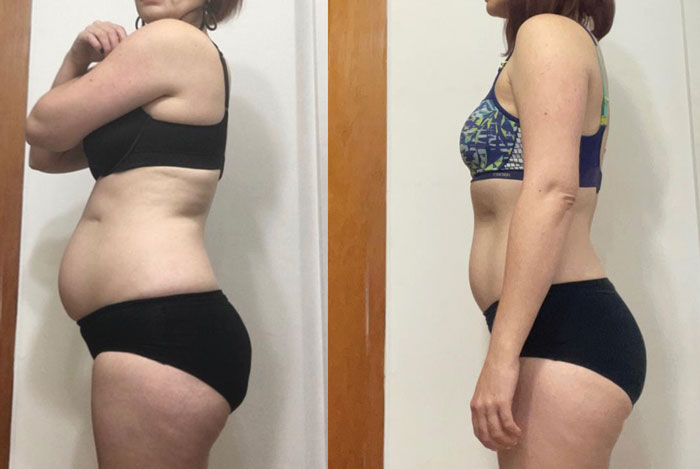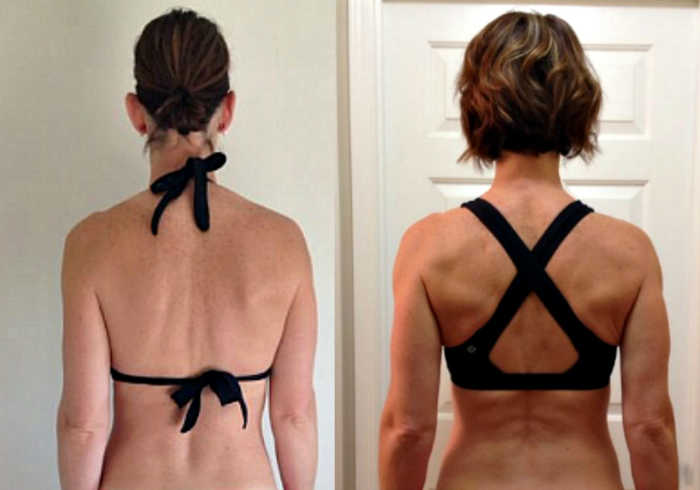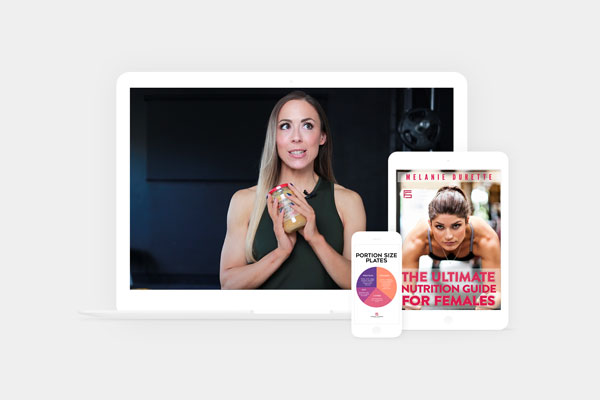CAN’T LOSE WEIGHT NO MATTER WHAT?
You try to eat well but you just can’t lose weight. You don’t skip breakfast – usually choosing a healthier brand of muesli or bread for toast. You only have one coffee a day – it’s your treat. Otherwise you try to drink more tea and water.
You have a salad for lunch most days, maybe some tuna added and some crackers on the side. Afternoon tea is usually a piece of fruit and/or a yogurt.
At dinner you try to eat less carbohydrates because you’ve heard carbs aren’t good for weight loss. The hardest thing is resisting the temptation to eat chocolate or other sweets in the evening but, for the most part, you do pretty good.
So why can’t you lose weight? You do everything right.
Or do you?
So many women come to me in frustration, ready to completely give up, because – no matter what they do – they can’t lose weight.
Sound familiar? If this sounds like you, the good news is that you already have a solid base to work from so with just a few changes, we can get you losing weight (assuming of course you are otherwise healthy).
WHY CAN’T YOU LOSE WEIGHT?
Many women follow a typical eating pattern that they mistakenly believe is healthy and good for weight loss. However, when we look closer at this pattern we see common problems that make it hard to lose weight.
Let’s look at some typical food diaries brought in by my clients. The two food diaries below are examples of how many women are eating when they come to me frustrated because they can’t lose weight.
Here’s what these women are doing wrong:
1. Neither has protein with their breakfast (although Zoe has a protein shake which helps) and only a small amount of protein at lunch. Their only sizeable portion of protein is at dinner which means they are probably hungry and more susceptible to cravings all day long. Protein is the macro you should focus on if you want to lose weight. It’s important for many reasons we’ll talk about below. For the full deal on protein, you should read this article.
2. Cereals, muesli bars, commercial yoghurts, cookies, crackers, chocolate, and fruit provide the majority of calories and all these foods are high in sugar. Anna’s day in particular is full of supposedly “healthy” foods but if we added up her sugar totals she’d be well up around 80g of sugar per day (that’s about 20 tsps of sugar!). She’s even got some hidden sugar in the butter chicken mix because most supermarket sauces are full of sugar.
These women are basically piling sugar on top of sugar on top of sugar all day long, setting themselves up for constant blood sugar spikes and crashes. Add in some coffee (and stress from work or lack of sleep) and cortisol will be through the roof. When cortisol is high, they won’t lose weight.
3. Neither of these diets is very nutritious. These women would both feel better with more vegetables, fibre, and good fats in their diets. They’d have more energy and they’d look better which would in turn motivate them to train harder and to eat well.
WHAT TO DO IF YOU CAN’T LOSE WEIGHT
1. Make protein the focus of every meal
Protein is key for achieving and maintaining a lean, healthy body and many women just don’t get enough.
Simply changing the ratio of macronutrients (protein, carbohydrates and fat) you consume daily, can be the most effective switch you can make for weight loss.
Increasing your protein intake will boost your metabolism and help maintain your muscle mass while dieting, all of which helps with fat burning. In fact, the digestion of protein burns more calories than digesting carbohydrates or fats!
If you feel tired or have cravings in the afternoon, it’s often caused by unstable blood glucose and insulin levels (from eating sugar and drinking coffee all day long). If you want more energy, eat protein with breakfast and lunch. You’ll notice a big difference in how you feel mid-afternoon. Your appetite will be much more stable through the day. Studies show that high protein meals increase satiety and lead to eating less later in the day.
So not only will eating more protein, create an optimal hormonal situation for weight loss, it’s also going to make you feel fuller and more able to stick to your diet. If you are having a hard time losing weight, one of the first steps should be looking at how much protein you eat compared to carbohydrates.
A good macro split that works for almost everyone is 30/30/40. 30% of your calories come from protein and fat and carbs make up the rest. If you need to eat less carbs, you can swap around the carbs and fat so that carbs make up 30% of calories and fat makes up 40%.
Want help figuring out how much to eat? Check out my online nutrition coaching program.
2. Eat less sugar
Even if you are trying to eat well, certain “healthy foods” you regularly consume can be high in sugar – yoghurt, muesli and snack bars are three of the most common foods women overeat. Also, fruit is high in sugar so limit your servings to 2 to 3 pieces per day.
Check your labels – or better yet eat foods without them. Four grams of sugar on the label equates to about 1 teaspon of sugar. In the client examples above, Anna’s Fresh & Fruity yoghurt in the afternoon has 22.3g sugar per 150g container – more than 5 teaspoons of sugar in one little container! And what is yoghurt usually paired with? Fruit – even more sugar. Yet, this is such a common afternoon snack for women. No wonder so many women are starving by the time they get home from work.
If you have yoghurt for an afternoon snack, or other high sugar foods, your blood sugar surges and then quickly crashes leaving you famished and unable to control your snacking before dinner.
3. Focus on eating nutritious food not calories
When life is going a bit crazy, food is the one way we can nourish and care for ourselves.
Food is not just calories. Food is not the enemy and it’s not something to make us feel better when we are stressed, tired, bored or lonely. If you eat as nutritiously as possible you support your body to deal with stress, to age better, to have stronger immune function and to lose fat or maintain our ideal weight.
100 calories of candy doesn’t cause the same effect as 100 calories of green vegetables. These two types of foods impact hormones and brain centers that control hunger and eating behavior very differently.
Every woman I have ever worked with through my nutrition program is surprised at the amount of food she is able to eat and still lose weight. That’s because 1600 calories of nutritious food is a lot different than 1200 calories of high sugar, non-nutritious food.
It’s not that calories don’t matter. Rather the quality of calories is more important than the quantity.
WHAT THIS MEANS FOR YOU
If you can’t lose weight no matter what, the number one thing to start focusing on is your protein. Simply eat more protein. In doing so, you’ll rebalance your plate and the ensuing hormonal changes will support weight loss.
I highly encourage you to start using an app like Myfitnesspal to track your protein, carbs and fat. Most women in my nutrition program are surprised at how little protein they actually eat and you may not realize how little you eat until you track it.
With these simple changes, even without counting calories, most women start losing weight.
If you’ve hit a plateau or just can’t make the progress you are looking for despite eating well, it’s a good idea to get some help with your nutrition. I can almost always break plateaus when clients first come to me (unless there’s an underlying health issue). Don’t give up – it’s likely you just need to make some small changes.
Download my free ebook with all my best advice about nutrition and calorie counting here, as well as some Portion Size Plates which will help you find the right balance:
More Articles You May Be Interested In
How To Prevent Weight Loss Plateaus and Rebounds
Portion Sizes For Women: The Ultimate Guide
How Many Calories Do You Need: Everything You Should Know [Infographic]

